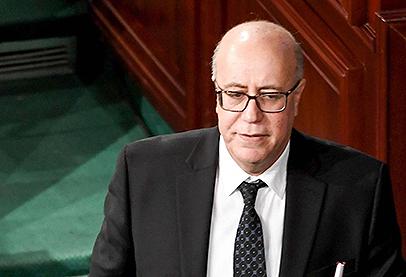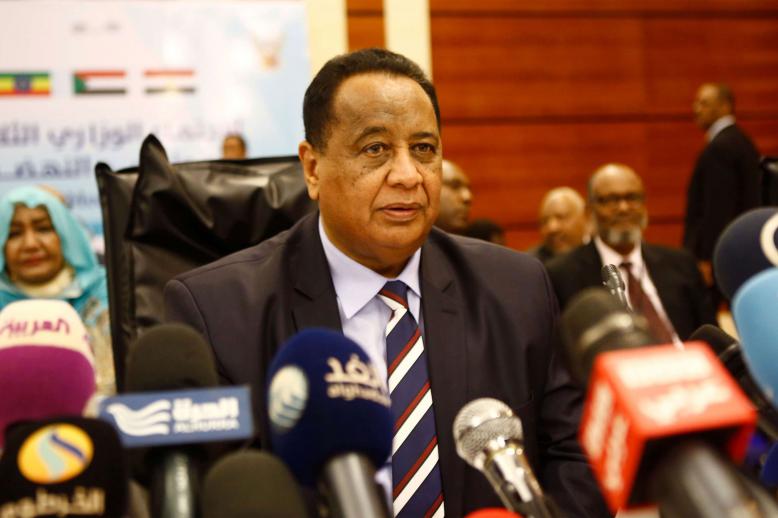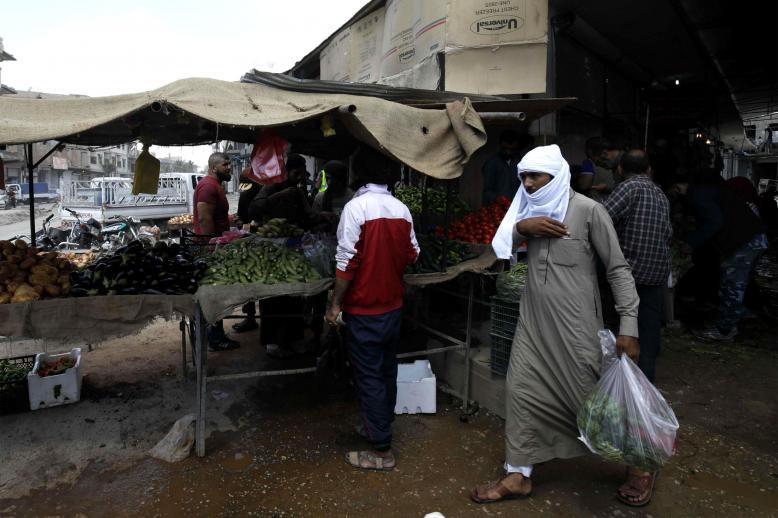Tunisia’s Central Bank targets inflation but may hurt growth prospects

The Central Bank of Tunisia tightened its monetary policy in an attempt to control inflation, a move that risks complicating the government’s efforts to spur economic recovery and deliver requested reforms.
Tunisian economists said the bank’s interest rate increase could backfire, arguing that higher inflation rates were the result of the increase in non-essential imports. They said soaring import bills widened the current account deficit and weakened the Tunisian dinar, causing a rise in prices while the country’s foreign currency reserves were shrinking.
The Central Bank said the inflation rate was 7.1% year-on-year in February, compared to 4.6% in February 2017 and 6.4% in December 2017.
“This soaring inflation has had a direct consequence on the deterioration of the purchasing power of consumers,” the Central Bank said in a statement.
It cited increases in food and energy imports, trade deficit, wage increases and the repercussions of the value added tax and hikes in customs duties in January as reasons for rising inflation.
The Central Bank excluded the likelihood of a tangible decline in the inflation rate this year because the effects of an adjustment in interest rates take “between six and eight quarters to materialise.”
The Central Bank increased its benchmark interest rate 75 basis points to 5.75% on March 5 “to tackle the real risks of the continuing inflation.”
Economists said the Central Bank under Governor Marouane El Abassi, who took over the position in February, was returning to monetary techniques to curb inflation after failed attempts by his predecessor to stem inflation mainly through support of the value of the dinar.
“It is a true warning launched by the Central Bank to the banks and the governments,” said economist Houcine Ben Achour. “For the banks, the Central Bank is telling them that the advantageous policy of refinancing is over and they have to make more efforts to grow deposits. For the government, widening the deficit gap by increasing spending will have a price.”
The Central Bank uses refinancing operations to influence banks’ liquidity situations and push the short-term money market rate to the benchmark rate set by the Central Bank.
When the Central Bank’s benchmark rate rises, it is costlier for the government to borrow from the domestic banking system to finance the budget deficit. The government expects a budget gap of 4.9% of GDP in 2018 from about 6% in 2017. It predicted GDP growth of about 3% this year from 2.3% last year.
However, economists said the Central Bank’s rate move would hurt consumers for whom borrowing to buy cars or homes would become more costly, which would damage economic growth prospects.
By borrowing more from banks to fill the deficit, the government is putting banks into “rentier status” because they are profiting by lending to the government.
“The banks in Tunisia are making profits only because they lend money to state and are unable to lend to Tunisian businesses and consumers,” said financial expert Ezzeddine Saidane. “The banks in Tunisia are given a cash-position and become rentier banks.”
Saidane and Ben Achour gave the example of the government borrowing 600 million dinars ($248.3 million) from banks in March at 6.5% interest rate to support the view that consumers and businesses would be hurt from the rise of the Central Bank’s monetary tightening policy.
While the government borrows at 6.5%, banks are lending to consumers and businesses at rates for at least 9%, data from the Finance Ministry showed.
“I will not say that we will end the year 2018 with double-digit inflation rate but that rate will come close to 10% by this year’s end,” said economist Mohamed Chawki Abid.
“The central bank, which sees the cause of inflation as monetary while the real cause of the inflation is from imports, is targeting inflation at an average of 7.2% for the whole year of 2018 and at 6.5% for 2019.”
The Central Bank put the onus on the government to fight inflation while the government is being assailed by the country’s main trade union and leading political figures for not fulfilling promises of higher growth and lower inflation.
“In any case, by raising the benchmark interest rate, the Central Bank decided to play its role in fighting inflation that stems from monetary causes,” Ben Achour said. “It (the Central Bank) shows the path for the government to fight inflation from a non-monetary cause. It is the only way for the economic salvation of the country.”
Lamine Ghanmi is a veteran Reuters journalist. He has covered North Africa for decades and is based in Tunis.
This article was originally published in The Arab Weekly.




